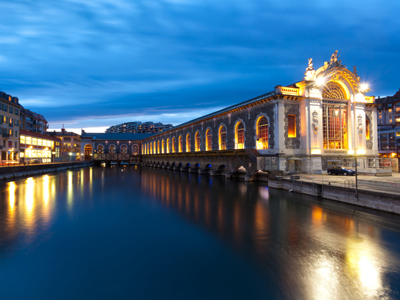
World War One Aftermath: League Of Nations - Aims, Structure And Methods
In GCSE History one topic studied is World War One and its aftermath. One aspect of this that is looked at is the League of Nations. This is the first of four quizzes on that subject, focussing in particular on the aim, structure and method of the League of Nations.
President Woodrow Wilson of the United States was determined to set up an international organisation whose aim was to ensure world peace by any method, after the horrors of the Great War. He insisted that a clause requiring adherence to the League of Nations should be part of every peace treaty signed by all victorious states.
Discover more about the aim, method and structure of the League of Nations in this quiz.
Ready for more?
not all...
quizzers. Try to win a coveted spot on our Hall of Fame Page.







